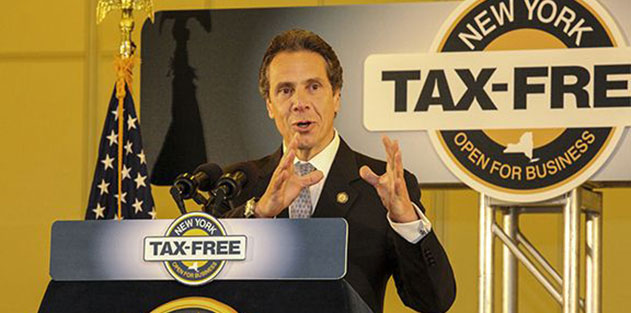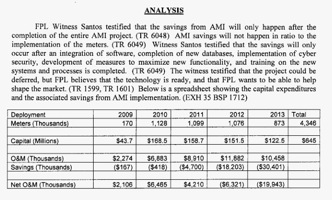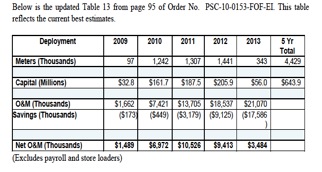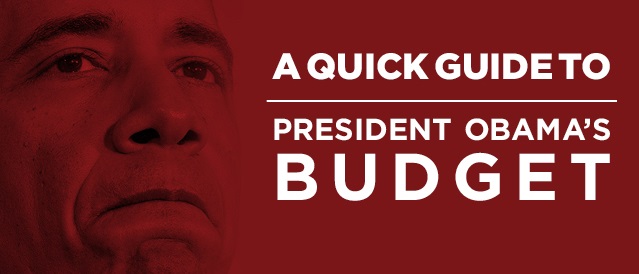Good Businesses Respond to Facts, Not Ads by Lawrence W. Reed
“Move here, expand here, or start a new business here and pay no taxes for ten years!” So goes the slick, nationally-broadcast television ads on which the State of New York is spending a small fortune.
Sounds like an attractive offer but the devil is in two big details the ads omit: One, when the ten years are up, you’ll get socked with the highest tax burden among the 50 states; and Two, taxes are just one of many reasons New York is too costly and unattractive to many entrepreneurs. It’s also home to high rates of unionization and a hostile regulatory environment. In the most recent study of state-by-state economic freedom from the Mercatus Center, New York places dead last. Georgia ranked a very healthy #9.
This raises yet again a longstanding question about economic development: Which is better for business, a friendly overall environment with no special favors or an unfriendly environment offset by “incentives” for particular firms or certain activities? It ought to be a no-brainer but sadly, it isn’t. Count me in the first camp.
Imagine a bad restaurant with high prices, lousy service and an awful menu. What would you think if the owner decided that the solution to declining sales was not to fix anything but to go out in the street, cherry-pick passersby and offer them a discount? For every new customer he might get, who could blame any of the old ones who would resent the discrimination and leave in a huff? If the restaurant owner really wanted to put his business on a sound footing, he would cut his high prices, improve his lousy service and replace his awful menu—for everybody, not just a favored few.
Well, New York is a bad restaurant. Expensive television ads are the politicians’ cowardly way of saying they don’t want to make the tough decisions to actually fix their state’s problems. They either think business people are dumb enough to ignore the facts and be suckered by a TV spot, or they just don’t understand the most basic lesson of economic development: The really good entrepreneurs you should want are the ones attracted by economic freedom, not by short-term favors and empty political promises.
States can foster superior and sustainable growth if they spend less energy on a few trees and care instead for the forest as a whole. Subsidies, tax breaks and other targeted, discriminatory “incentives” are not good substitutes for fixing the fundamentals. They’re also unfair to those without the political pull to get them. The states that get it right don’t have to squander money on advertisements—whether true or deceptive—because any entrepreneur worth his salt will know where to go and what places to shun.
A version of this article appeared in the Atlanta Business Chronicle.
 ABOUT LAWRENCE W. REED
ABOUT LAWRENCE W. REED
Lawrence W. (“Larry”) Reed became president of FEE in 2008 after serving as chairman of its board of trustees in the 1990s and both writing and speaking for FEE since the late 1970s. Prior to becoming FEE’s president, he served for 20 years as president of the Mackinac Center for Public Policy in Midland, Michigan. He also taught economics full-time from 1977 to 1984 at Northwood University in Michigan and chaired its department of economics from 1982 to 1984.






















